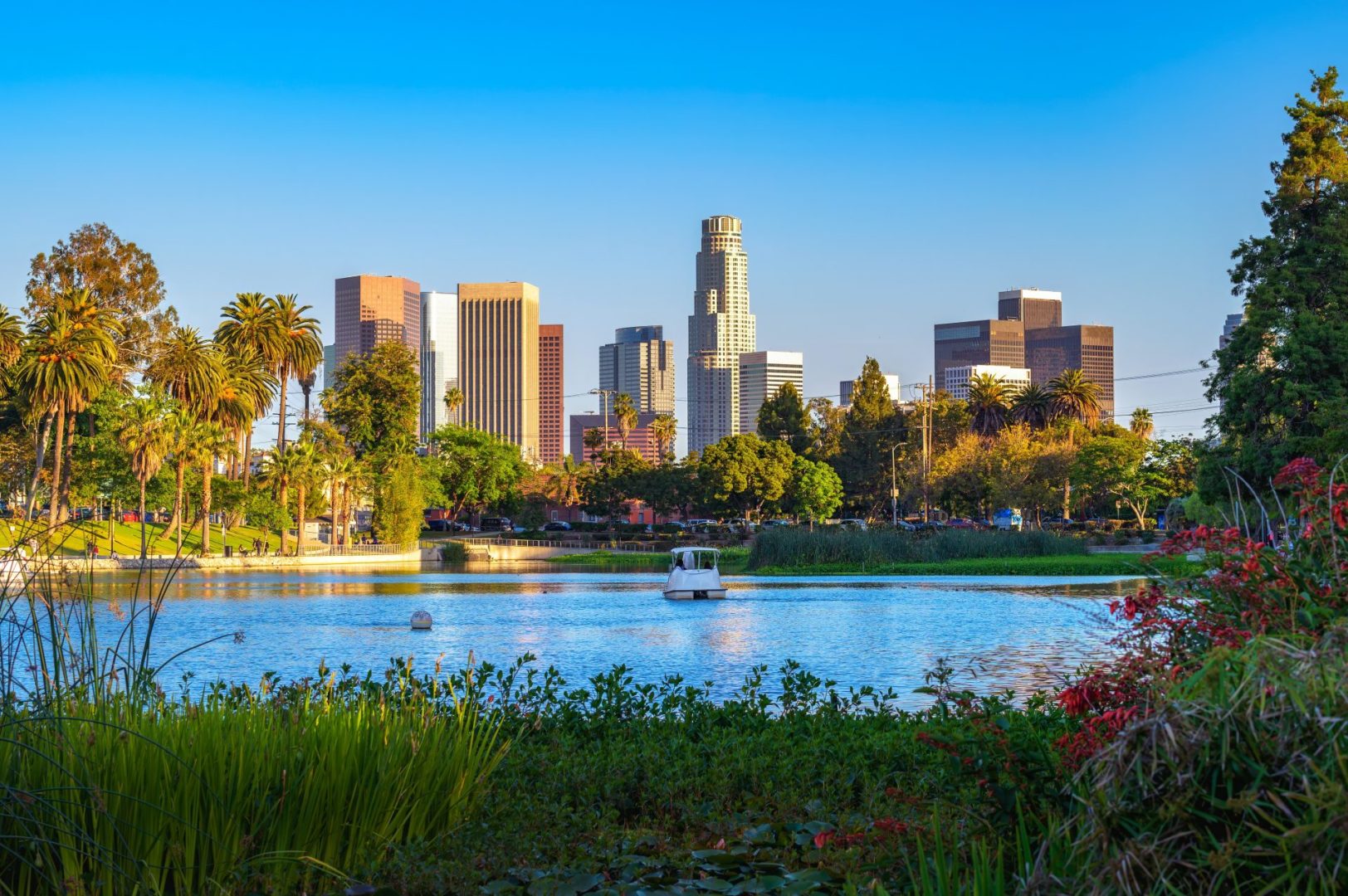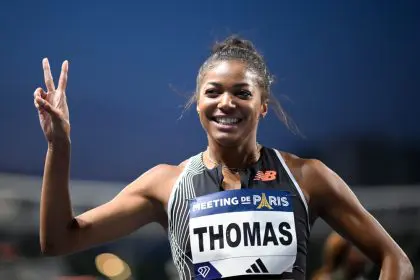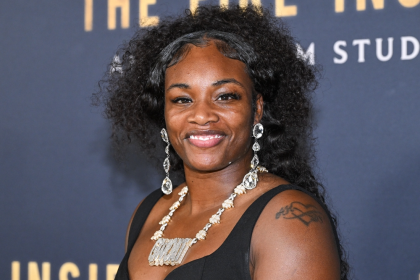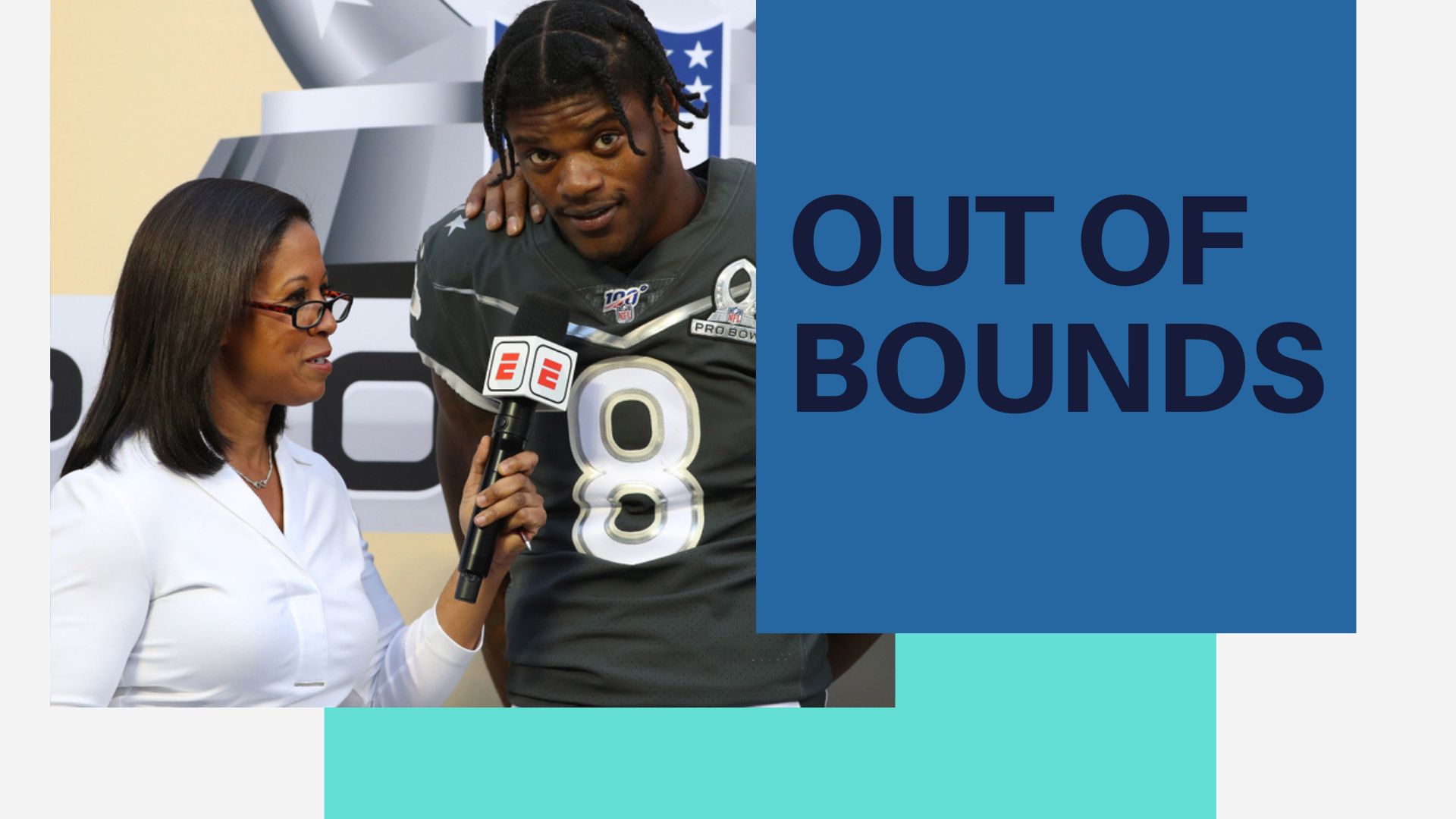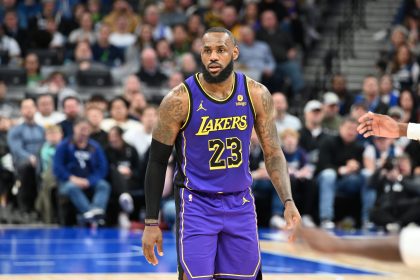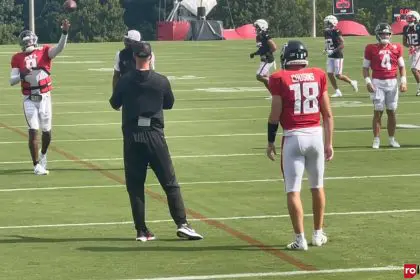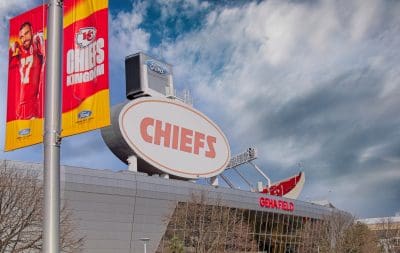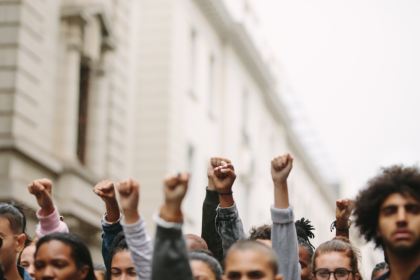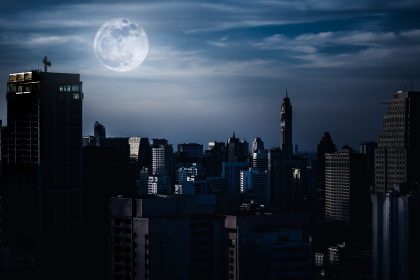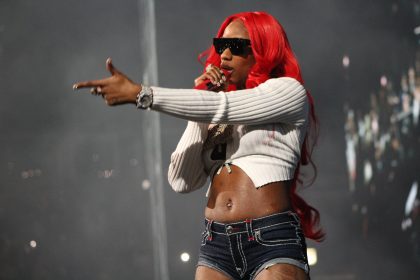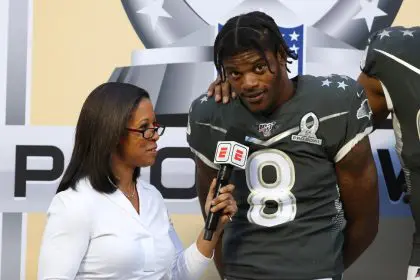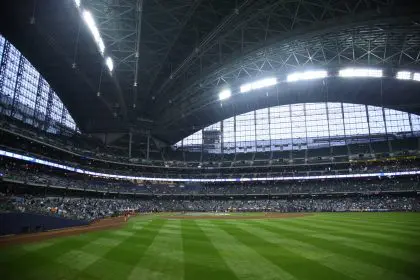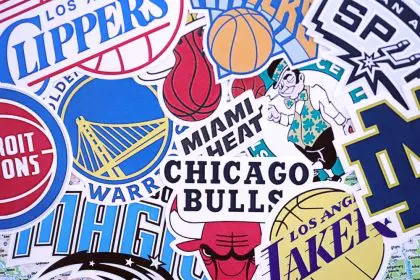The January 2024 wildfire outbreak across greater Los Angeles has triggered a cascade of postponements throughout the professional sports world, affecting multiple leagues and thousands of fans. The crisis has forced sports organizations to make rapid decisions about game schedules while prioritizing public safety.
The 7 major sports events suspended due to LA wildfires
- Los Angeles Lakers vs Charlotte Hornets NBA game in downtown Los Angeles, marking the second consecutive day of game disruptions at the arena.
- Los Angeles Kings vs Calgary Flames NHL match at Crypto.com Arena, with ticket validity assured for the rescheduled date.
- Los Angeles Chargers outdoor practice sessions, modified due to hazardous air quality readings reaching 185.
- Pepperdine University women’s basketball game, postponed amid campus access restrictions and safety concerns.
- Loyola Marymount women’s basketball game versus San Diego, canceled due to deteriorating air conditions.
- Santa Anita Park Friday racing program in Arcadia, rescheduled to January 16 following poor air quality forecasts.
- West Coast Conference scheduled basketball matches, affecting multiple teams and venues across the region.
Unprecedented wildfire crisis reshapes Los Angeles sports calendar
The January 2024 wildfire outbreak across greater Los Angeles has triggered a cascade of postponements throughout the professional sports world, affecting multiple leagues and thousands of fans. The crisis has forced sports organizations to make rapid decisions about game schedules while prioritizing public safety amid worsening conditions.
The situation has grown increasingly complex as approximately 180,000 residents face evacuation orders. The fires have consumed roughly 45 square miles, an area comparable to San Francisco. The Palisades Fire, now recognized as the most destructive in Los Angeles history, continues to pose significant challenges for sports organizations and venues.
NFL playoff preparations amid crisis
The Los Angeles Rams maintain their commitment to hosting the NFC wild-card game against the Minnesota Vikings at SoFi Stadium in Inglewood. However, contingency plans include possible relocation to State Farm Stadium in Glendale, Arizona. This mirrors a previous situation from 2003 when similar conditions necessitated game relocation from San Diego.
Athletes across different sports have taken personal action in response to the crisis. Los Angeles Clippers star Kawhi Leonard demonstrated this priority by leaving the team before their Denver game to check on his family in Pacific Palisades, receiving full support from coaching staff and management.
Collegiate sports adapt to conditions
The impact extends deeply into collegiate athletics, particularly affecting basketball programs. Both Pepperdine and Loyola Marymount universities have implemented extensive safety measures, including campus access restrictions and game postponements, prioritizing student-athlete safety above competitive schedules.
Racing industry implements protections
Santa Anita Park’s response exemplifies the racing industry’s commitment to safety, with the California Horse Racing Board approving schedule adjustments. The venue has taken additional steps by providing N-95 masks and protective eyewear to workers affected by smoke conditions.
Safety monitoring and protocols
Sports facilities have established comprehensive systems for monitoring air quality conditions, implementing clear thresholds for competition safety. These measures represent evolving standards in emergency preparedness for outdoor sporting events, particularly in regions prone to environmental challenges.
Economic implications of disruptions
The financial impact of these postponements reaches beyond immediate ticket sales, affecting local businesses, broadcasting schedules, and team operations. The situation highlights the complex relationship between professional sports and local economies during natural disasters.
Sports organizations have leveraged digital platforms to maintain fan engagement during the disruption. Regular updates and alternative content help keep supporters connected while traditional events face postponement.
Future scheduling considerations
League officials now face the challenge of rescheduling numerous events within an already compressed calendar. This situation may influence future disaster preparedness planning across professional sports leagues, potentially leading to more flexible scheduling systems.
The Los Angeles sports community has demonstrated remarkable resilience and adaptability throughout this crisis. Organizations have maintained clear communication with fans while adapting to rapidly changing conditions, showing the strength of community bonds during challenging times.
Long-term implications
This unprecedented situation may prompt significant changes in how leagues approach natural disaster contingencies. Future facility design, schedule flexibility, and emergency response protocols could all see modifications based on lessons learned from this crisis.
The wildfires have created unique challenges for Los Angeles sports, requiring careful balance between competitive integrity and public safety. As environmental challenges become more frequent, the sports community’s response to this crisis may serve as a model for future emergency management in professional athletics.
This situation demonstrates both the vulnerability of outdoor athletics to environmental challenges and the resilience of the sports community in facing natural disasters. The lessons learned will likely influence sports management strategies across the country for years to come.

